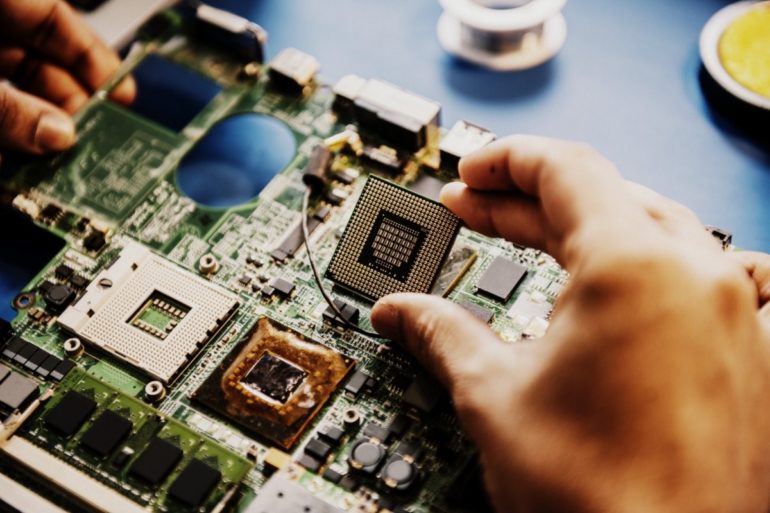A polite act shows respect. But a new study of a common etiquette -- holding a door for someone -- suggests that courtesy may have a more practical, though unconscious, shared motivation: to reduce the work for those involved.
JoinedMarch 23, 2019
Articles202
People have an easier time starting toward a goal than finishing it, but a shift in attention can make all the difference in reaching the finish line.
Extraversion does not just explain differences between how people act at social events. How extraverted you are may influence how the brain makes choices -- specifically whether you choose an immediate or delayed reward, according to a study.
Whether it's for money, marbles or chalk, the brains of reward-driven people keep their game faces on, helping them win at every step of the way. Surprisingly, they win most often when there is no reward.
Whether you are swimming in the Olympics or saving for a vacation, being able to see progress toward your goal will help you reach it.
In contrast to "every man for himself" interpretations of Charles Darwin's theory of evolution by natural selection, social scientists are building the case that humans are successful as a species precisely because of our nurturing, altruistic and compassionate traits.
When there are conflicting demands from work, home and the classroom, any hectic time can be filled with stress.
Self-employed male Britons have been found to work longer hours for lower wages than those of their employee counterparts. This...
With Mother's Day, Father's Day and high school and college graduations upcoming, there will be plenty of gift-giving and well wishes. When those start pouring in, let yourself be grateful -- it's the best way to achieve happiness.
Research suggests that overall happiness in life is more related to how much you are respected and admired by those around you, not to the status that comes from how much money you have stashed in your bank account.
Communities that stick together and do good for others cope better with crises and are happier for it.
Happily ever after isn't a given.
Procrastination is a curse, and a costly one. Putting things off leads not only to lost productivity but also to all sorts of hand wringing and regrets and damaged self-esteem. Are we programmed for postponement and delay?
A professor has recently published his magnum opus on the subject of procrastination - and it's only taken him 10 years.
American entrepreneurs pray more frequently, are more likely to see God as personal, and are more likely to attend services in congregations that encourage business and profit-making, according to a study by Baylor University scholars of business and sociology.
Studies reveal that in the dog-eat-dog, look-out-for-Number 1, highly-competitive business world, only the aggressive, risk-taking alpha male can expect to succeed as an entrepreneur.
"Decision making isn't always easy, and sometimes we make errors on seemingly trivial tasks, especially if multiple sources of information compete for our attention," said author Tobias Teichert, PhD.
Do peoples’ personalities change after 30?
In today's world, many are are engaged in wide, internet-based searches for seed money to launch entrepreneurial ventures. But what guidelines exist as to the best way to go about securing this kind of funding?
A study of the sexes reveals that when it comes to starting a business, women are more likely than men to consider individual responsibility, and use business as a vehicle for social and environmental change.
A study by assistant marketing professor finds people are more satisfied if they set ambitious goals, as opposed to conservative goals.
Unlike with short-term finite goals, the unconscious will continue to positively value objects related to the long-term goals, even after a level of success has been achieved.
No More Content




















